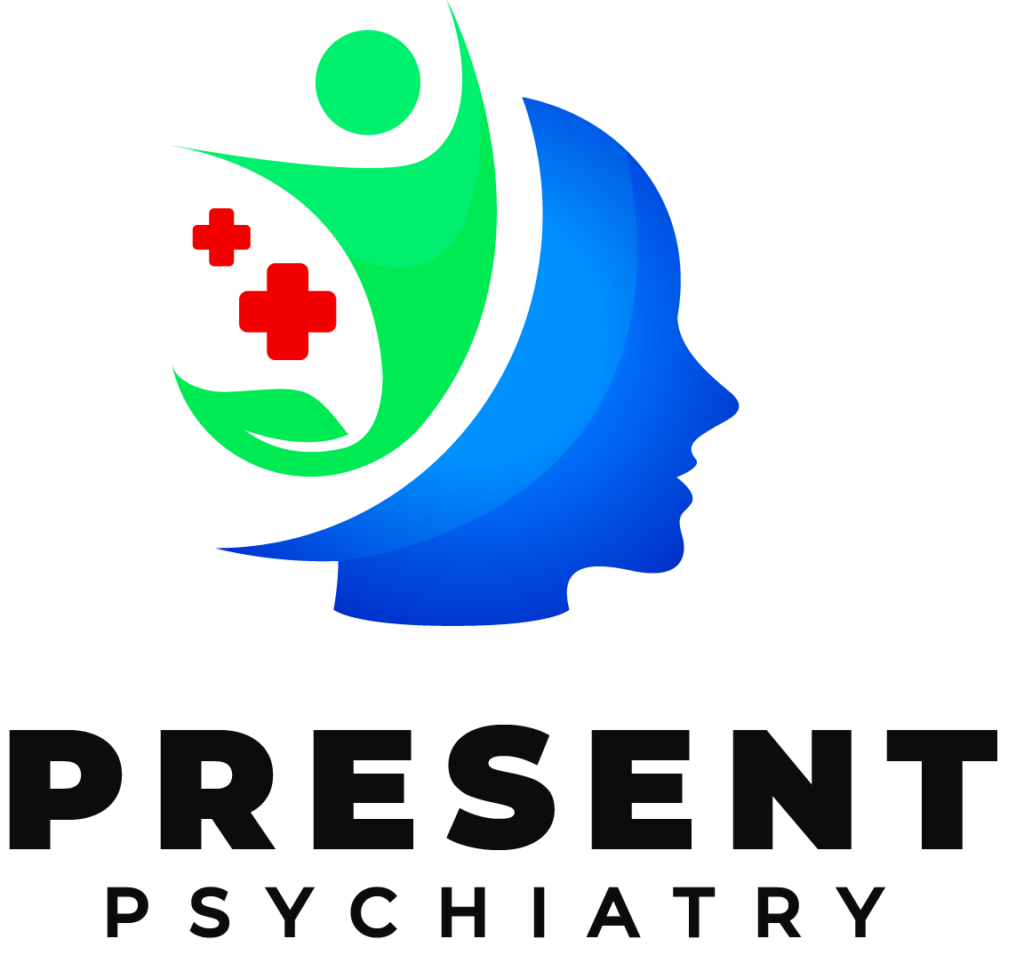At presentpsychiatry.com we treat ADHD and we understand what role Neurotransmitters that play in ADHD. Attention-Deficit/Hyperactivity Disorder (ADHD) is a common neurodevelopmental disorder that affects millions of children and often continues into adulthood. While the exact cause of ADHD remains unclear, significant research suggests that neurotransmitters play a crucial role in managing its symptoms and understanding its dynamics. Let’s explore how these chemical messengers influence ADHD.
Neurotransmitters are chemicals in the brain that facilitate communication between neurons, or nerve cells. They are vital for transmitting signals across the synapse, the gap between neurons. The primary neurotransmitters implicated in ADHD are dopamine and norepinephrine. Both play a critical role in regulating attention, impulsivity, and executive functions, which are often problematic in individuals with ADHD.
Dopamine:
This neurotransmitter is associated with pleasure, reward, and motivation. In ADHD, dopamine levels are typically lower than average, which affects a person’s ability to focus and find interest in tasks. This deficiency can lead to seeking high-stimulation activities, often seen as restlessness or hyperactivity in individuals with ADHD. Medications like methylphenidate and amphetamines used to treat ADHD work by increasing dopamine levels, thereby improving concentration and reducing impulsivity.
Norepinephrine:
This neurotransmitter is linked to arousal and alertness, impacting how a person manages stress, anxiety, and challenges. In ADHD, norepinephrine levels may not be regulated properly, leading to difficulties in concentration and an over-response to external stimuli. Some treatments for ADHD, such as atomoxetine, specifically target the norepinephrine system to help increase attention and control hyperactivity and impulsivity.
The interaction between dopamine and norepinephrine is also significant in the context of ADHD. These neurotransmitters do not act in isolation; they are part of a broader network that influences various aspects of cognition and behavior. For instance, the prefrontal cortex, a brain area heavily involved in executive function and attention, relies heavily on the proper functioning of these neurotransmitters.
Recent studies have also pointed out the potential role of other neurotransmitters such as serotonin and gamma-aminobutyric acid (GABA) in ADHD, though their direct involvement is less well-understood. Serotonin, for instance, may influence mood and impulsivity, while GABA acts as an inhibitory neurotransmitter, potentially affecting behavioral regulation.
Conclusion
In conclusion, neurotransmitters like dopamine and norepinephrine are central to understanding ADHD. They help explain not only the challenges faced by those with ADHD but also guide effective treatments. As research continues to evolve, it is hoped that a deeper understanding of these complex chemical interactions will lead to more targeted and effective interventions for ADHD. This insight is crucial not just for clinicians and researchers but also for individuals and families affected by ADHD, empowering them with a better understanding of the condition and its management.
WE STRIVE HARD AND PROMISE TO DELIVER
- 5600 NW Central Dr Suite 280, Houston, TX 77092, United States
- +1 832-552-1578
- inquire@presentpsychiatry.com



